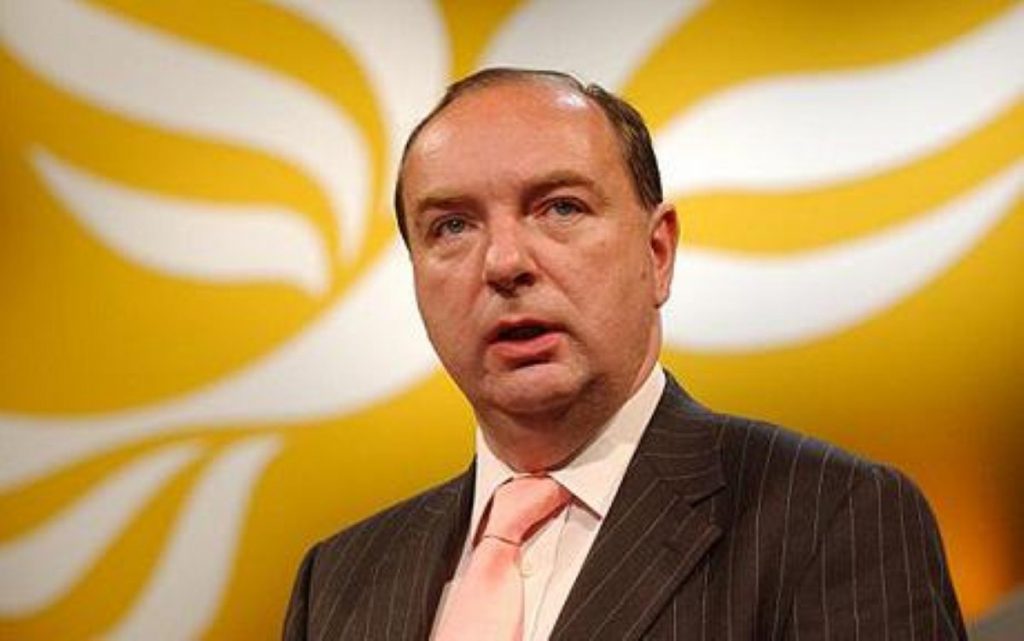Don’t mock Norman Baker – he accomplished more than most ministers do in a lifetime
The attacks on Norman Baker could almost have been pre-written. As soon as his resignation was announced, his critics reminded everyone of his weakness for conspiracy theories. Videos of his band were circulated, mockingly. Others focused on the fact no-one outside the Westminster bubble knew who he was, which is true for pretty much all ministers. And there was criticism of his admittedly theatrical astonishment at the fact the Home Office does not proceed on the basis of evidence.
But despite all the jokes, Baker accomplished more in one year in the Home Office than most people do in their entire career. Baker went into the Home Office as the Liberal Democrat's man. He performed that task with aplomb, forcing through an international study of drug policy – an investigation long-resisted by the department because it suspected it would show its policy caused harm.
While he was at the Home Office the Liberal Democrats gradually developed the bravery to take their liberal drugs policy and put it front and centre. Previously it was an honourable embarrassment, the eccentric auntie you feel you should invite to tea. Liberal Democrat strategists looked at the polls, which are split down the middle, and tabloid coverage, which is increasingly liberal on the issue, and made it far more prominent.


Baker fought the battle over that report behind the scenes for months. The department refused to publish it. The civil servants involved in writing it were blocked from making any recommendations on the basis of their findings by the prime minister. The establishment is terrified of any accurate assessment of British drug laws.
Baker eventually succeeded in forcing publication. It was arguably the most important government drugs report for a generation. It found that half a century of drugs policy was mistaken. Harsh drug penalties do nothing to reduce drug use, but they do significantly reduce the health of drug users.
Against a hostile media, dogmatic Labour and Tory MPs, and a hugely bureaucratic department, he had scored a significant victory. It will be mentioned as a key moment in the drug debate when, a decade or two from now, Britain finally adopts a more liberal policy.

Baker's only reward for now is to be described as stroppy and weird and boring. Some media commentary has actually mocked the Lib Dems for having the gall to put someone who believed in evidence in a department which famously does not. It takes a special level of intellectual and social collusion to make that argument.
Labour, which last week issued the most confused ministerial statement on drugs I can remember reading, said his resignation had "nothing to do with principle".
Compare that to the treatment given to his predecessor. Jeremy Browne was useless. He affected precisely zero change in his department and failed to stand up for his party. His colleagues in the department had so little respect for him they gave sign-off on the racist 'go home' vans to one of his staff when they knew they were having a leaving party. Even now, his only message is for the Lib Dems to become more like the Conservatives.
And yet Browne was treated almost like an elder statesman when he left the Home Office. And therein lies the key to media treatment of politicians: Look vaguely presentable and don't rock the boat – they'll treat you like a sage. But fight for radical policy and they consider you an embarrassment.
Baker accomplished more than most ministers one can care to think of. It is entirely unsurprising that he is now a subject for mockery.











